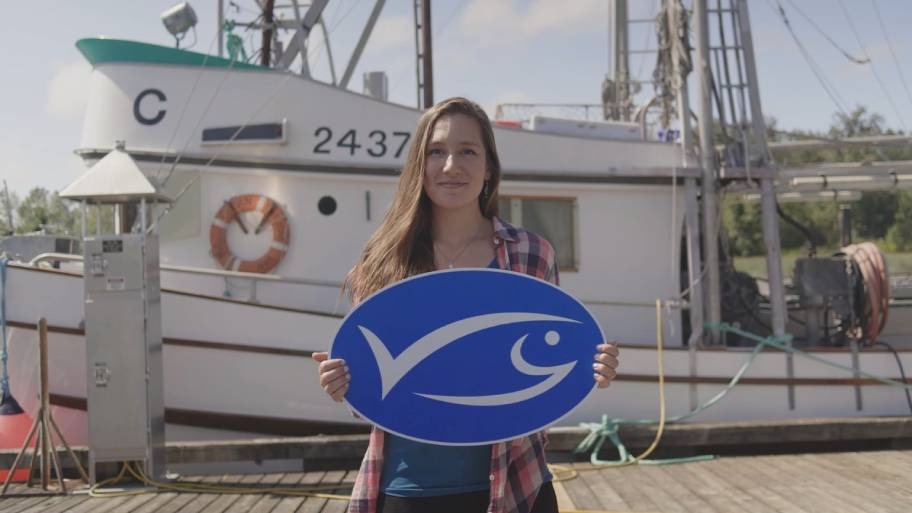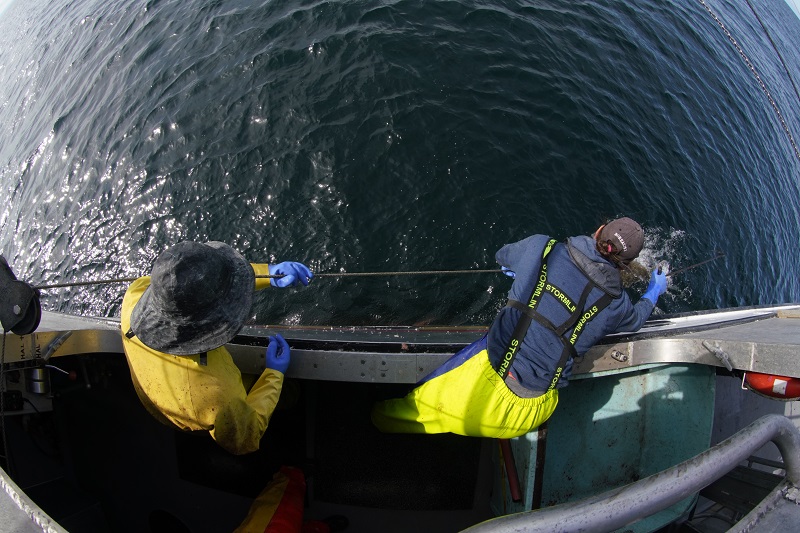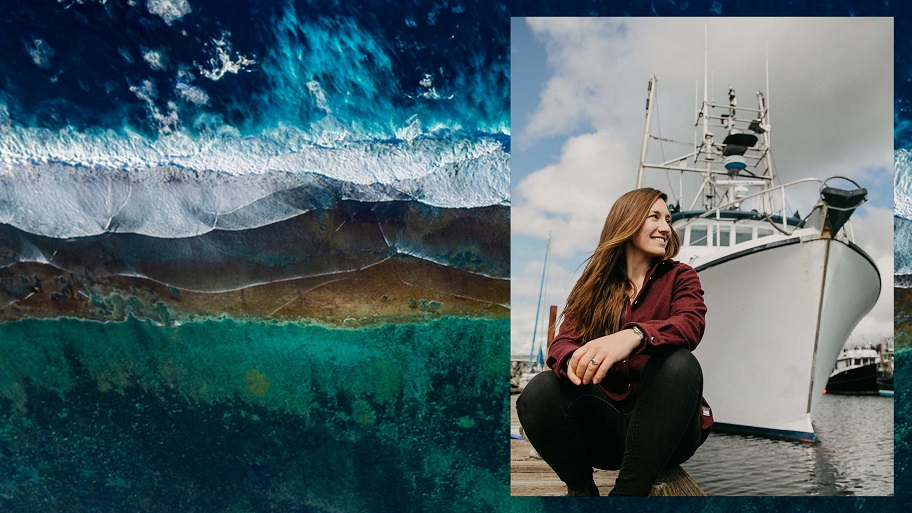“Our planet is incredibly resilient, but without humanity working together, there is a real chance we could push her past her breaking point.”
Oceans make up our planet’s largest ecosystem – they cover over 70% of its surface, house approximately 80% of its biodiversity and are absolutely key to climate regulation, food security and the global economy for the many roles it plays in supporting people, the planet and prosperity. In the US alone, more than 33% of the GDP originates from coastal areas.
So why then do oceans disproportionately make up such a small piece of the global discourse on climate change, the environment, and our food systems? We must change that.
Since its official recognition by the UN in 2008, World Ocean Day has grown into an important global movement that unites and rallies the world to protect and restore our blue planet. But did you know that the concept was first proposed by Canadians at the UN Earth Summit in 1992?
In honor of these humble Canadian beginnings, we spoke with one young woman who has focused her entire education, career and even her art to the ocean. Tiare Boyes is a British Columbia-based MSC Conservation Ambassador, commercial halibut fisherman, commercial diver, artist, and youth advocate who is passionate about creating the Big Blue Future that we need and deserve.

Why do you think it’s important to celebrate World Ocean Day?
World Ocean Day is important because it gives us the opportunity to come together to celebrate the blue planet we depend on to survive and thrive as humans.
Our Ocean, which connects us all whether you are from a land-locked nation or an island nation, feeds us, provides clean air for us, and is home to a staggering diversity of life that deserves our respect. We need to be better neighbors to our marine cousins, and World Ocean Day is a good opportunity to check in to see how we can do better for our planet.
What does a “Big Blue Future” mean to you, and how can we collectively achieve it?
My past, present, and future have always been Big and Blue. I go to sea to earn my livelihood, to feed my family, and to capture beautiful imagery for my artwork.
The very functioning of our blue planet relies on humans making sure we do not over-harvest our fish stocks, pollute our waterways, or fill the intestines of marine life and deepest parts of the ocean with microplastics.
Our planet is incredibly resilient, but without humanity working together to solve human-caused ocean acidification, warming waters, pollution, and overfishing, there is a real chance we could push her past her breaking point.
This is a time to come together, to collaborate across sectors and find solutions to complex, human driven problems facing our blue planet. Let’s stop over-simplifying, villainizing and succumbing to the blame instinct. It inhibits our ability to work together to solve complex problems. We are all in the same boat and we need to pull together to move forward.

What role does seafood play in building a big blue future?
Seafood relies on a healthy ocean and plays such a big role in feeding the planet that it can’t be ignored as a crucial piece to the puzzle in achieving a Big Blue Future.
This Big Blue Future can be nicely summed up by the UN Sustainable Development Goals (SDGs) that focus on the sustainable use of our oceans (and other resources), and all the other socio-economic factors that are intrinsically linked to it. For instance, without addressing SDG 14: Life Below Water, we will never achieve SDG 2: Zero Hunger, among others.
To feed the world we have to take care of our planet, and that means ensuring that our seafood is fished sustainably. Since I’m a fish harvester and a Marine Coastal Management grad, my definition of sustainable is perhaps a bit more technical. To me it means fish harvested under enforceable monitoring programs, with national management policies that are based on independent, peer reviewed fisheries science, and where fishing practices are assessed by independent, third-party certification bodies (like in the MSC program).
Seafood is also crucial because there currently is no viable replacement for this highly nutritious, low carbon protein that billions of people around the world rely on. This is especially true in areas that experience high levels of food insecurity. Yet seafood is often left off the table when global food systems and food security are discussed. We need to make room on our tables and in our national policies for sustainable seafood.
It is also essential for us all to practice mindful eating; by this I mean not just thinking about what you put into your body nutritionally -we know that seafood has many benefits to our health - but to also learn about where your food comes from. This means choosing seafood that come from a fishery, or aquaculture system, where the process is transparent, the fish are harvested sustainably in accordance with well-funded independent science, and the humans doing the harvesting are treated with respect.
Where do you see (or hope to see) the World Ocean Day movement 5 or 10 years from now?
I hope to see us working together to reduce our impact on this blue planet. That means prohibiting single use plastics that can end up in our ocean, ensuring all fisheries are managed sustainably, cutting our carbon emissions, and holding some of the biggest polluting industries accountable for their actions.
In 5-10 years I want to see everybody given the opportunity to have safe, nutritious, and sustainable seafood on their dinner plates without compromising the future or habitat of our ocean neighbors.

